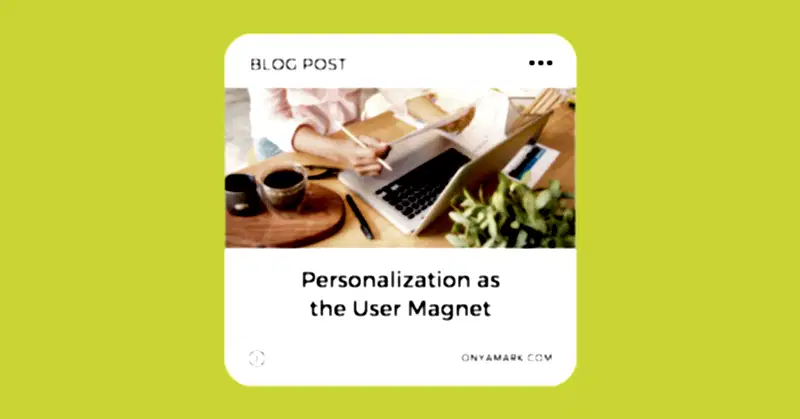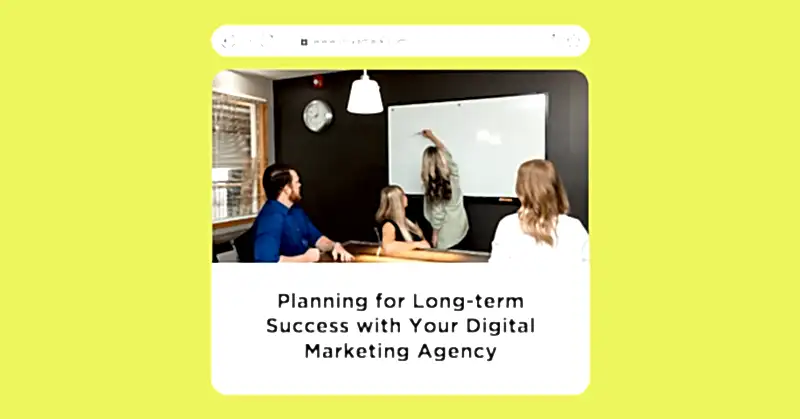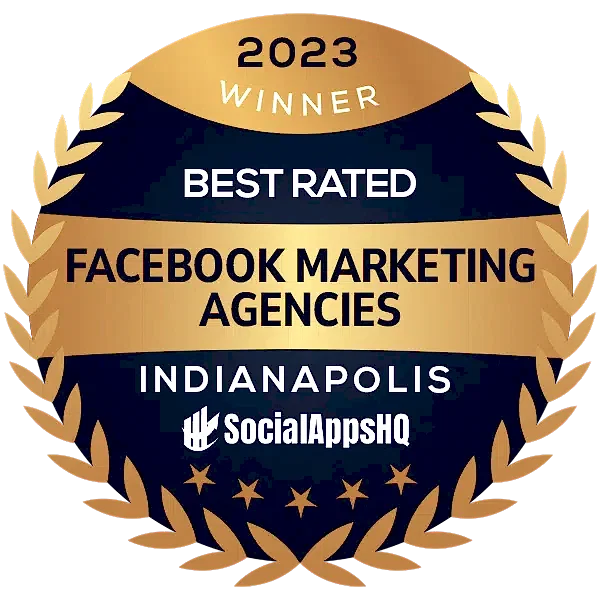We’ve spoken about personalization before but it’s time to circle back around to it again. And we want to make something clear – the marketing persona is not what it used to be. In fact, it’s detailed. MUCH more detailed.
As we navigate the ever-evolving consumer preferences and behaviors, organizations are recognizing that a one-size-fits-all approach no longer cuts it.
Personalization in marketing involves tailoring content, services, and experiences to suit individual consumer preferences. This goes beyond simply addressing customers by their first names in emails; it’s about leveraging data-driven insights to provide highly relevant and customized interactions at every touchpoint of the customer journey.
The Rise of Personalization
When it comes to personalization, it’s not just an option, it’s a necessity for organizations seeking to stay top of mind for users.
Customized Content Drives Engagement:
According to a study by Accenture, 91% of consumers are more likely to shop with brands that provide relevant offers and recommendations. Personalized content, whether in the form of emails, product/service recommendations, or advertisements, significantly boosts engagement.
Impact on Purchase Decisions:
A survey conducted by Epsilon found that 80% of consumers are more likely to make a purchase when brands offer a personalized experience. Understanding customer preferences and delivering tailored messaging can be a powerful motivator in the decision-making process.
Enhancing Customer Loyalty:
In a report by Segment, 44% of consumers say they are likely to become repeat buyers after a personalized shopping experience. Personalization not only attracts new customers but also fosters long-term loyalty by demonstrating an understanding of individual needs.
Personalization Advantage in Branding
Personalization is not just a marketing tactic; it’s becoming a key differentiator in brand perception.
Building Emotional Connections
Brands that invest in personalization create emotional connections with their audience. A study by SmarterHQ found that 72% of consumers only engage with personalized messaging, emphasizing the importance of connecting on a personal level.
Increased Customer Satisfaction
Personalization leads to higher levels of customer satisfaction. A survey by Infosys revealed that 74% of customers feel frustrated when website content is not personalized. Meeting customer expectations through personalized experiences contributes to overall satisfaction.
Word-of-Mouth Amplification
Satisfied customers are also more likely to share their positive experiences. A report by Evergage showed that 63% of consumers are annoyed by generic advertising, emphasizing the need for personalized content that resonates and sparks positive word-of-mouth.
The ability to deliver personalized experiences will be a crucial factor in maintaining a competitive edge. From AI-driven recommendations to hyper-personalized email campaigns, the era of mass marketing is fading, making room for a new wave where personalization is the magnet that attracts and retains customers.
In case you were wondering, personalization is not just a trend; it’s a fundamental shift in the way organizations connect with their audience. By understanding individual preferences and leveraging data insights, organizations can create a unique and compelling narrative that resonates with consumers, fostering loyalty and driving success in the modern marketing landscape.








